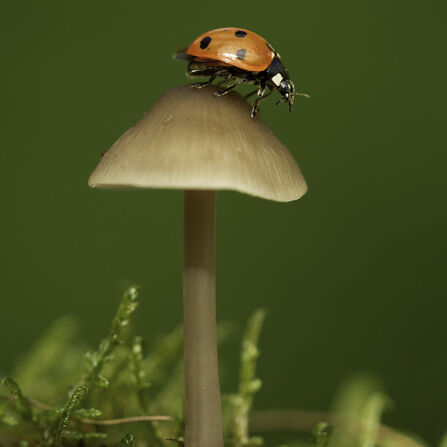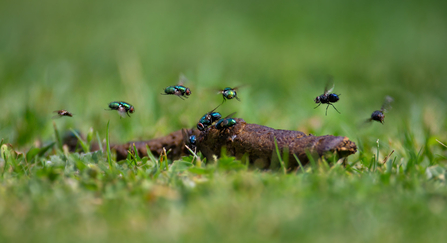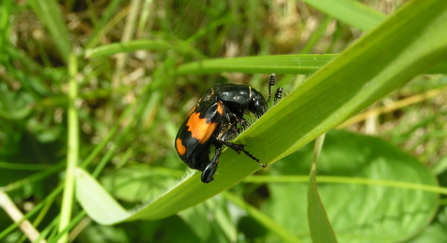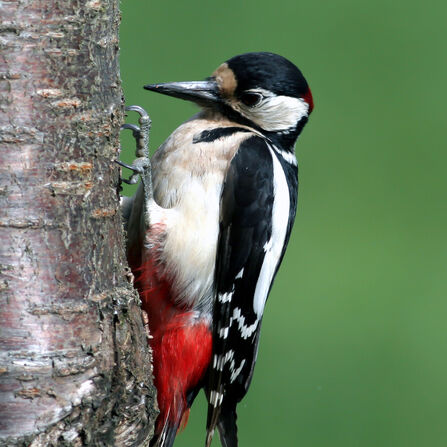
Paul Hobson
Pollinators
When you think about the benefits of having insects around, pollination is probably the first thing that springs to mind. There’s a good reason for this, since 87% of all plant species require animal pollination and most of this is delivered by insects. In fact, around three-quarters of all crop types grown by humans need to be pollinated by insects.
Bees are the most famous pollinators, bumbling between flowers on sunny days, their gentle buzzing part of the soundtrack of summer. But all kinds of insects play important roles as pollinators, including flies, beetles, butterflies, moths and hoverflies.




